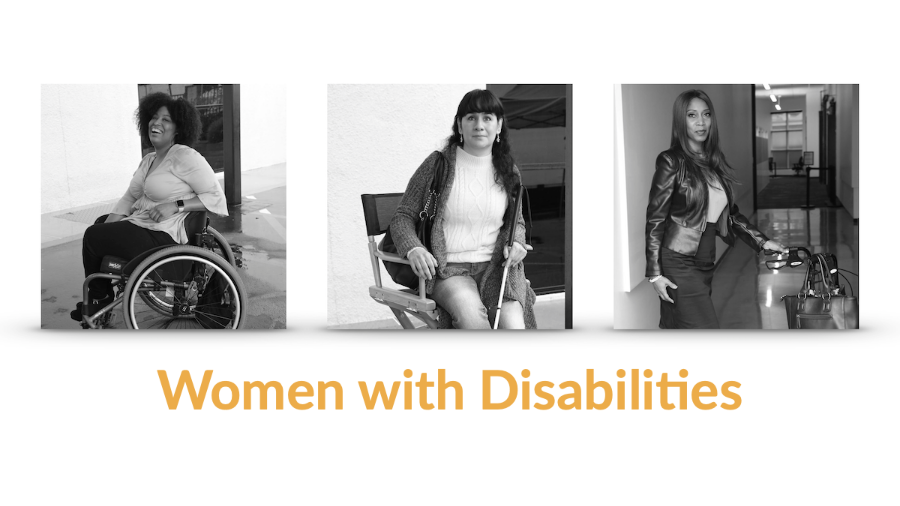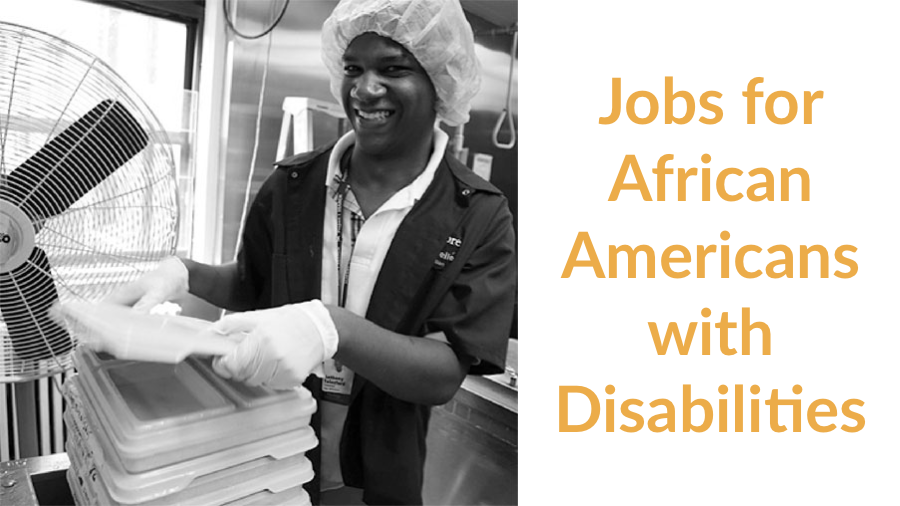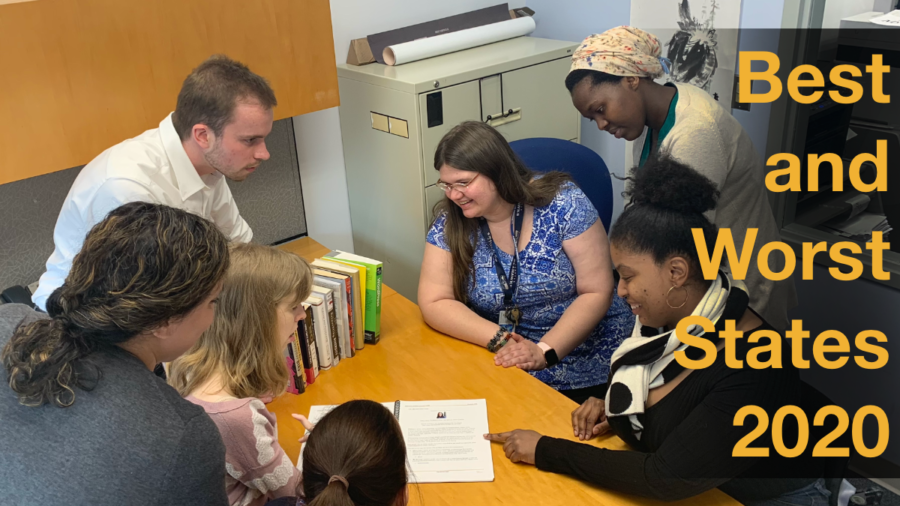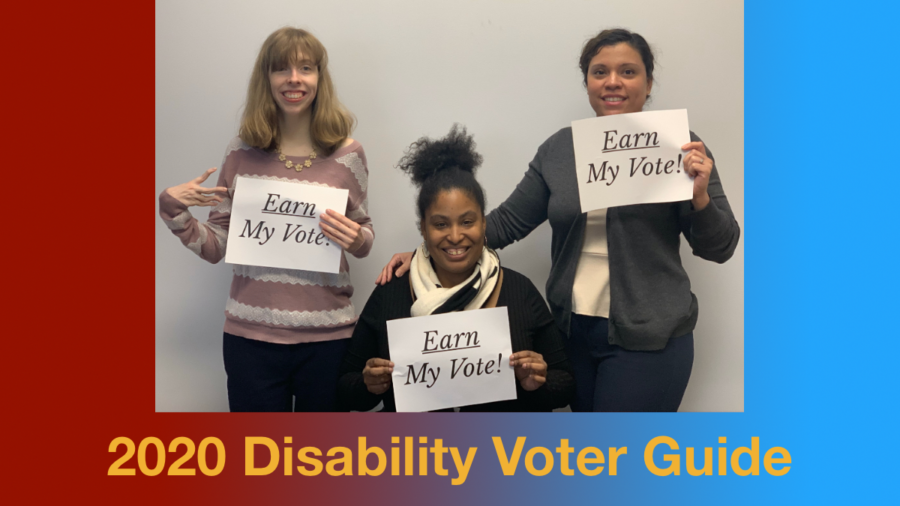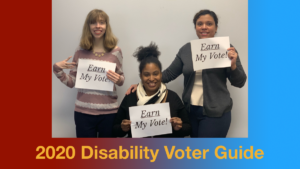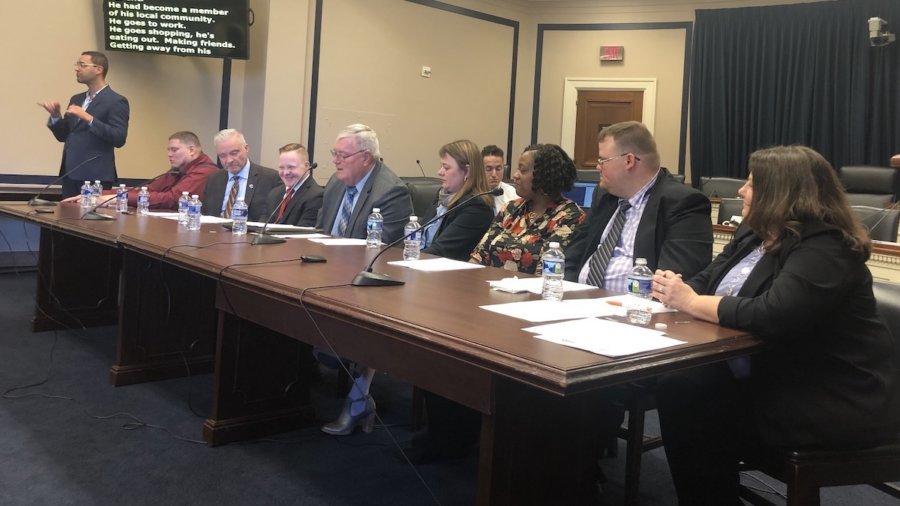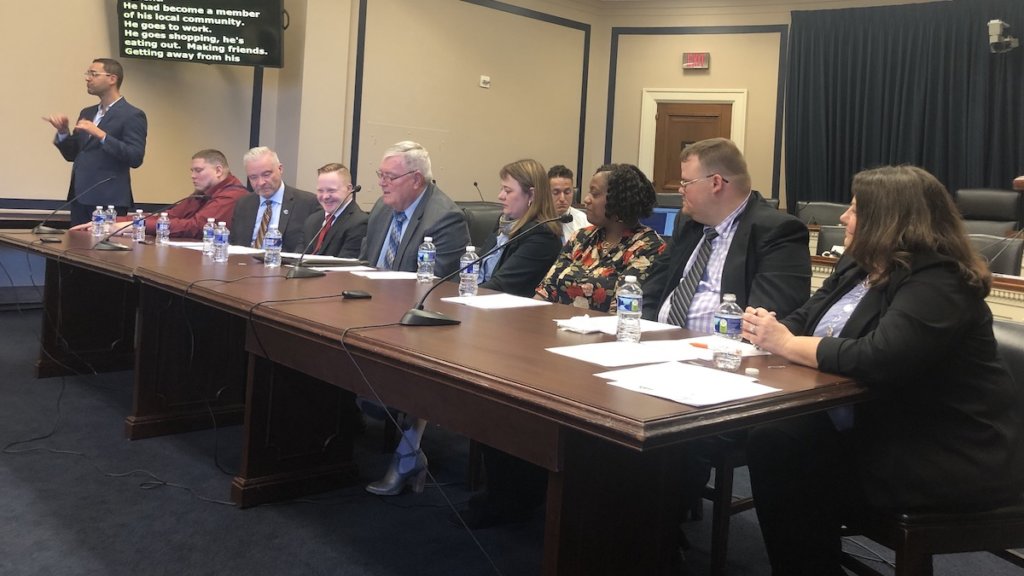Washington, D.C., March 26 – Last night Senate leaders voted unanimously to move forward on the $2 trillion-dollar emergency stimulus bill meant to help our nation respond to the COVID-19 pandemic. The bill, originally called the Coronavirus Aid, Relief, and Economic Security Act (CARES Act), now goes to the House of Representatives for a vote. If passed, then it will go to the President’s desk to become law.
You can read more about the bill on the Senate Appropriations Committee website HERE.
However, what does this mean for the millions of Americans living with disabilities? What provisions will specifically impact or help the disability community? What help is there for actual people with disabilities who are uniquely at-risk to the impact of the virus?
RespectAbility and a host of other disability advocacy organizations have been working around the clock to answer these questions for the past several days. Those that lobby have been fighting hard to include key provisions into the law that will help the more than 56 million Americans with disabilities. [continue reading…]


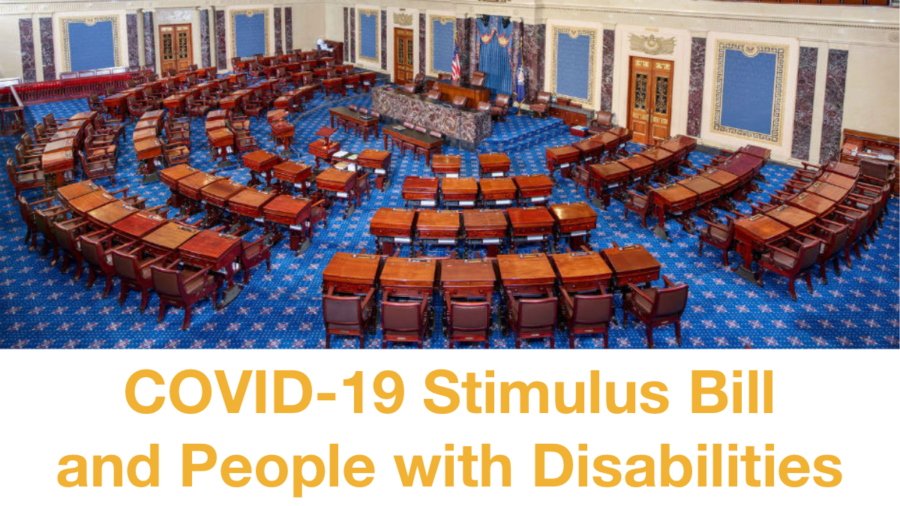
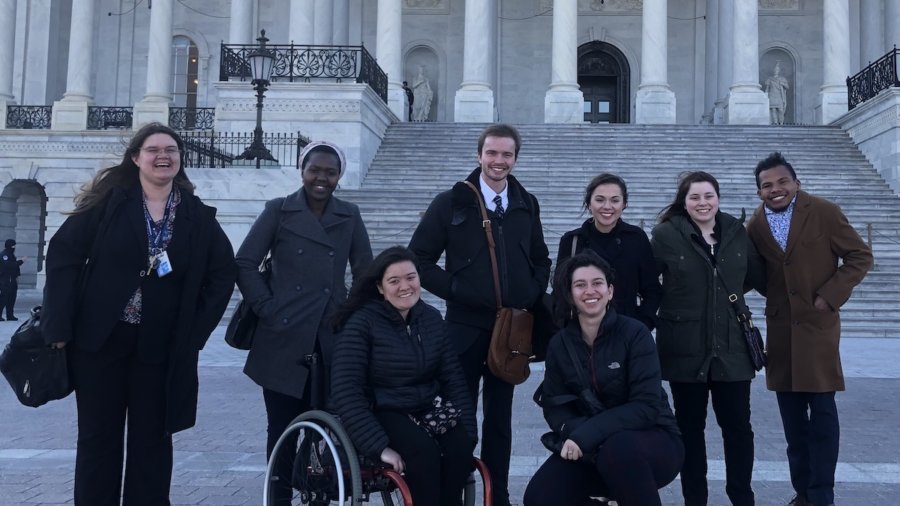
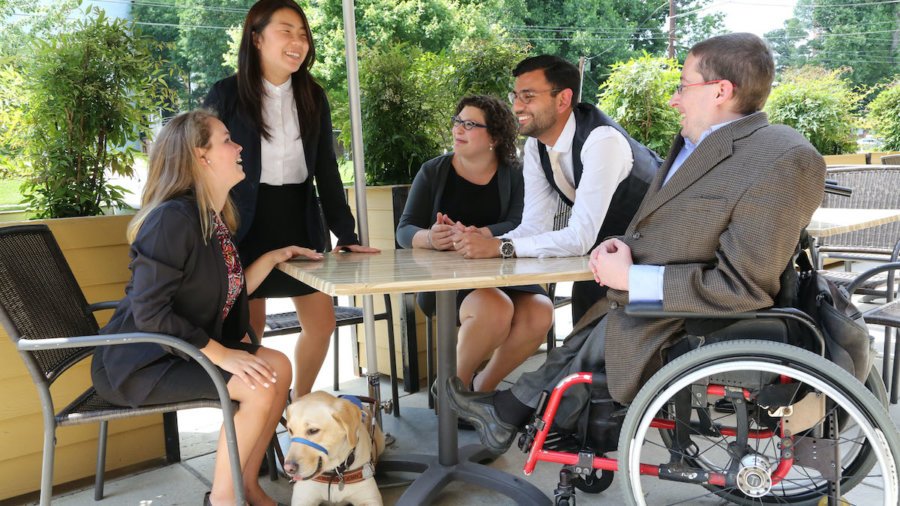
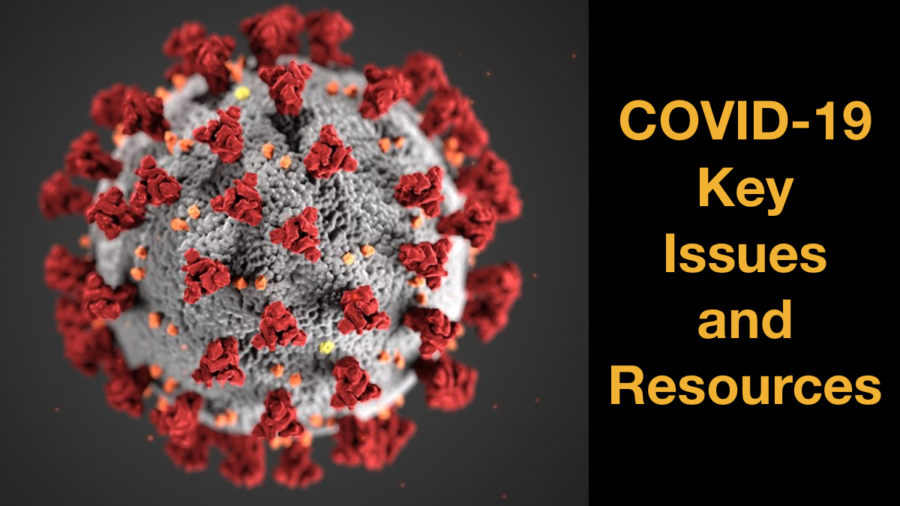
 Washington, D.C., March 17 – As the COVID-19 outbreak turns the world upside down, it is critically important that the global response to this crisis include people with disabilities. More than 9 million Americans are especially at risk from potentially life-threatening impacts of the virus. Moreover, fully 1-in-5 people have a learning, mental health, physical, sensory or other disability. People can be born with a disability or acquire one due to an accident, aging, gun violence or during military service.
Washington, D.C., March 17 – As the COVID-19 outbreak turns the world upside down, it is critically important that the global response to this crisis include people with disabilities. More than 9 million Americans are especially at risk from potentially life-threatening impacts of the virus. Moreover, fully 1-in-5 people have a learning, mental health, physical, sensory or other disability. People can be born with a disability or acquire one due to an accident, aging, gun violence or during military service.
